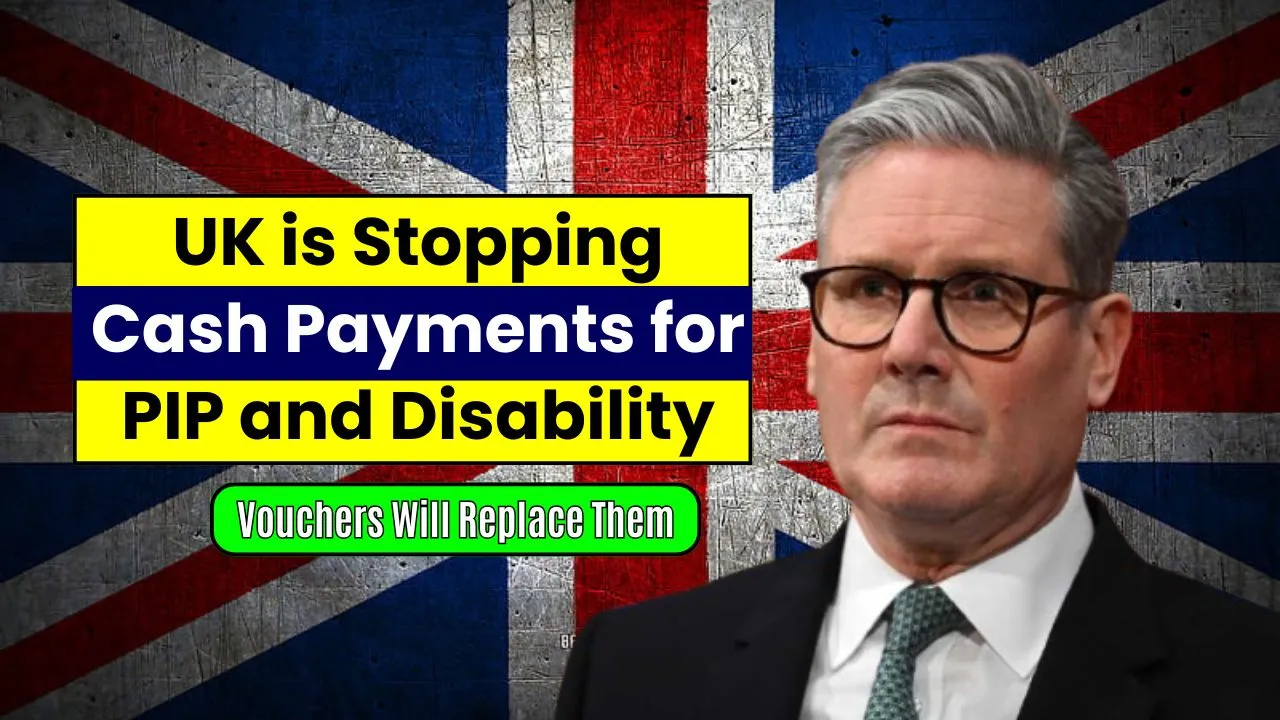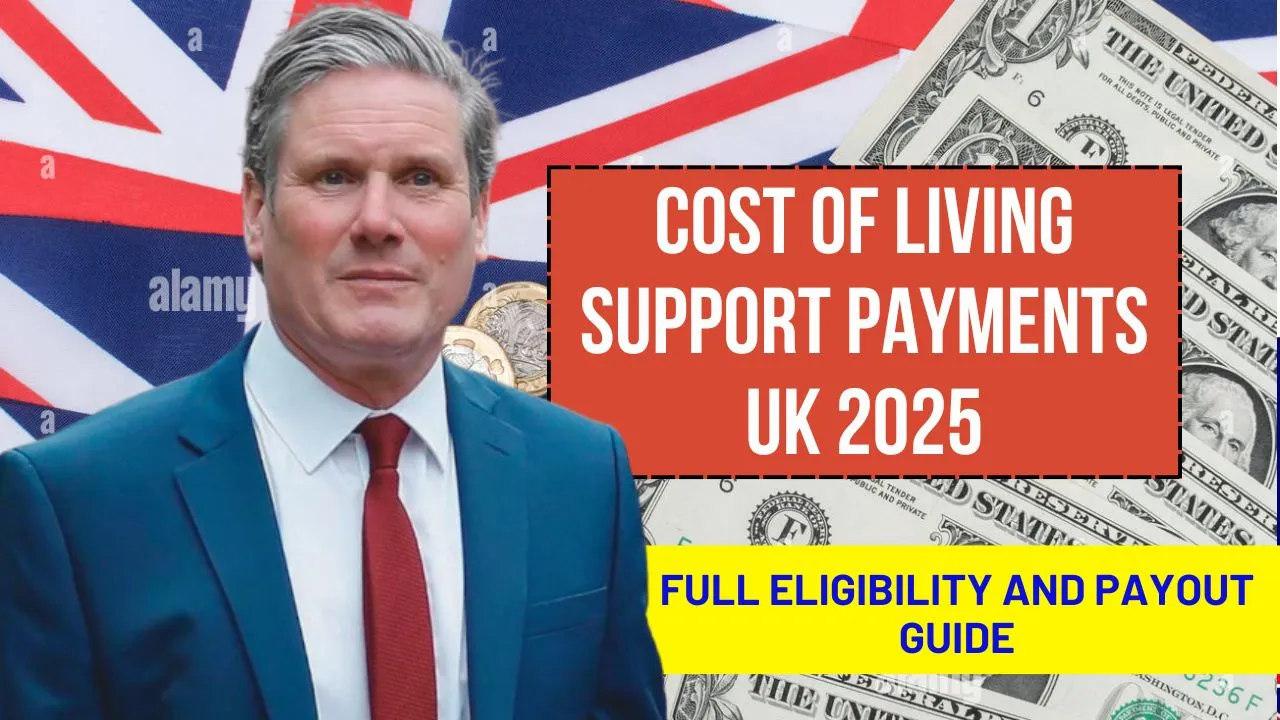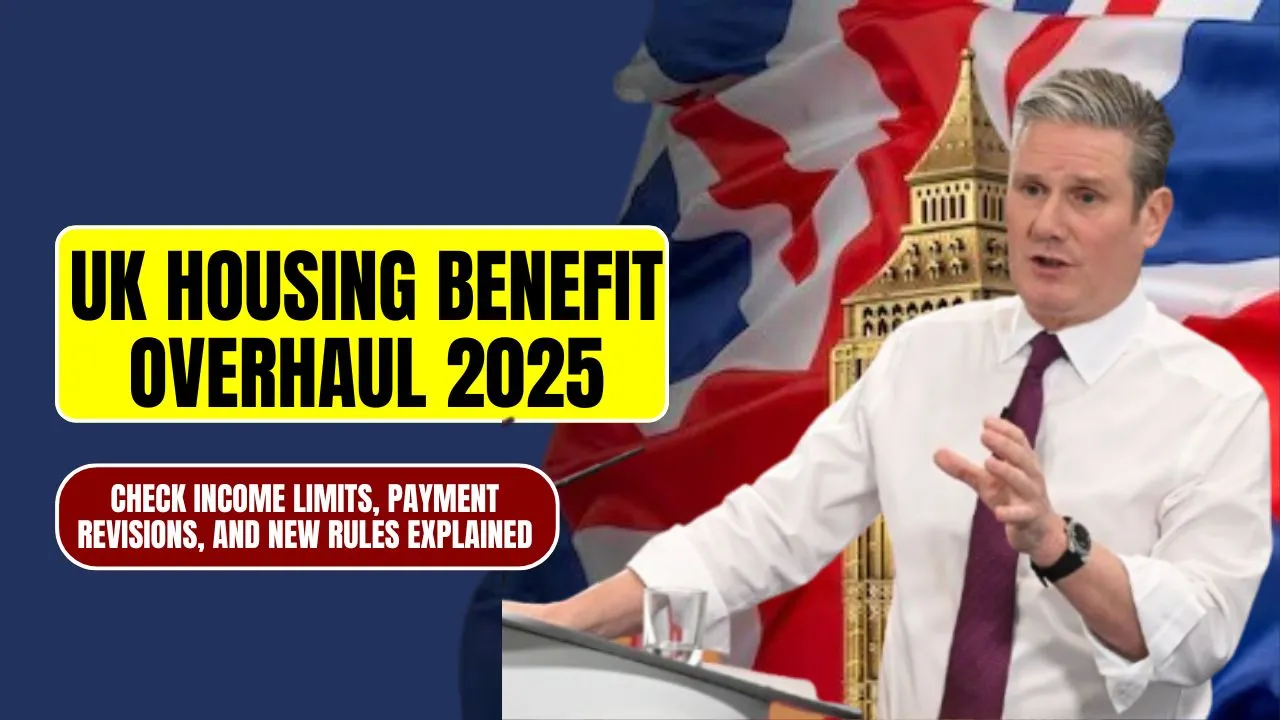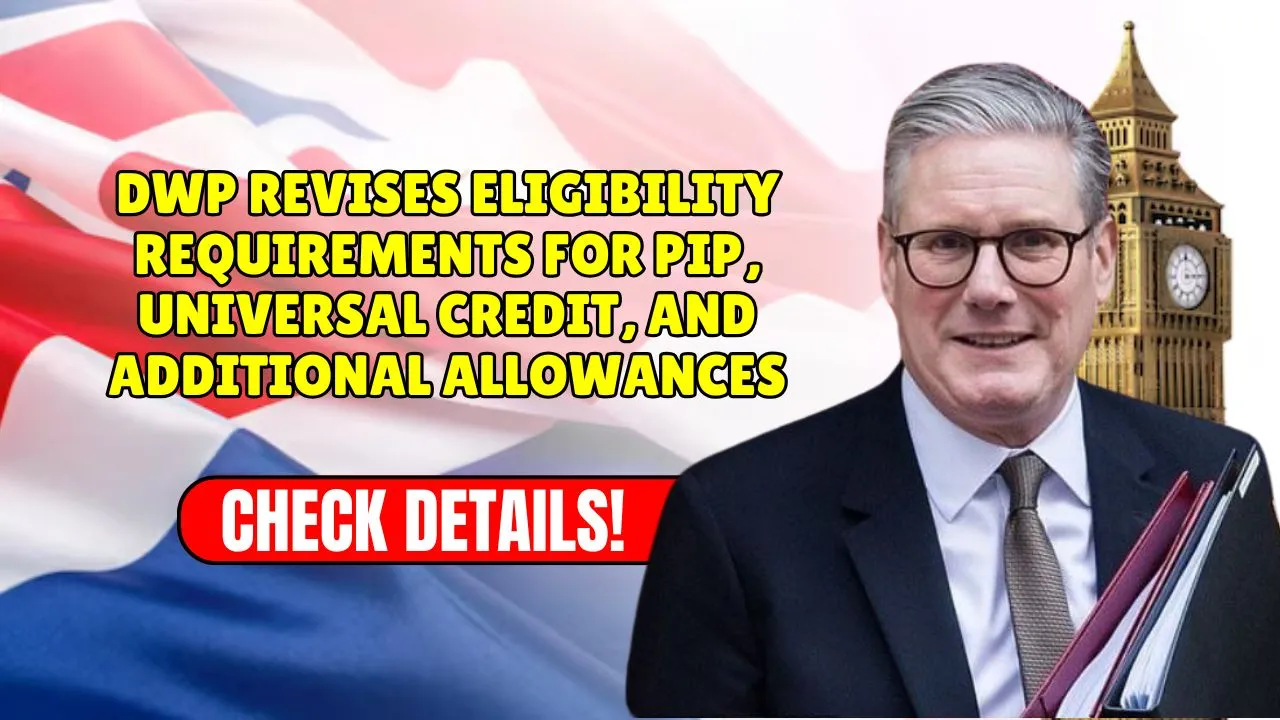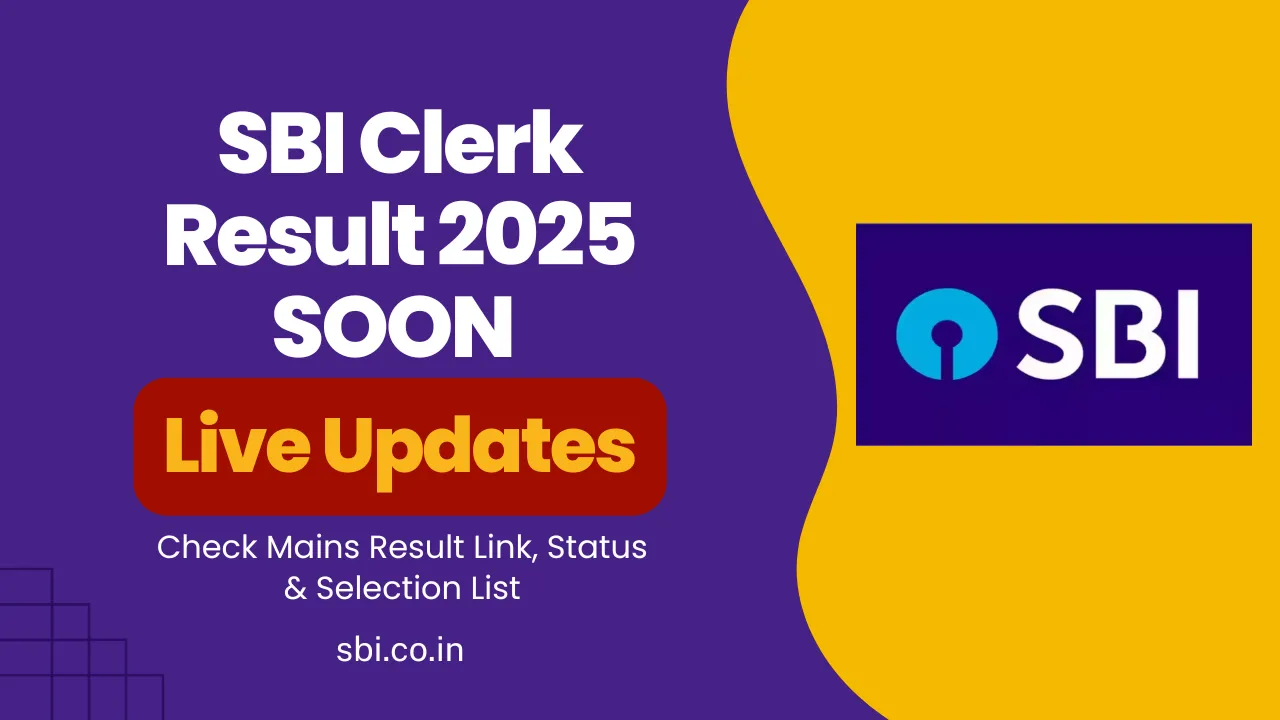PIP Voucher Scheme 2025: A major shift is coming to the UK’s welfare support system. The government has proposed a new approach to distributing disability benefits—by replacing direct cash payments with a voucher system. This change could impact millions of individuals currently receiving Personal Independence Payment (PIP), a benefit designed to support those with long-term health conditions or disabilities.
Under the new plan, the familiar monthly cash payments would be transformed into a voucher-based system, raising both hopes and concerns among citizens. The move is aimed at ensuring better resource targeting and preventing misuse of funds, but critics worry about limited flexibility and possible social stigma. Let’s explore what the PIP Voucher Scheme 2025 means for recipients, how it works, and who it will affect.
PIP Voucher Scheme 2025: Key Details and Eligibility
The proposed PIP Voucher Scheme 2025 is part of a broader overhaul by the Department for Work and Pensions (DWP). Instead of receiving money directly into their bank accounts, eligible claimants may receive shopping vouchers or catalog-based assistance to cover essential disability-related expenses. While the changes aim to improve efficiency and direct support where it’s most needed, the scheme has sparked national debate.
Here is a quick overview of what we know so far:
Overview Table
| Category | Details |
| Program Name | PIP Voucher Scheme 2025 |
| Current Status | Proposed (awaiting implementation date) |
| Administered By | Department for Work and Pensions (DWP) |
| Replaces | PIP cash payments (up to £737/month) |
| Recipients Affected | Estimated 1.4 million recipients |
| Eligibility Criteria | UK residency, long-term disability, difficulty with mobility or daily tasks |
| Purpose of Change | Reduce misuse, provide targeted support, and control welfare costs |
| Public Consultation | July 2023 (Green Paper published) |
| Implementation Date | Not officially announced yet |
Replacement of PIP Cash Payments with Vouchers
The DWP has proposed transitioning from cash payments to a voucher-based system as a part of welfare reform. PIP, which currently offers monthly cash support to individuals with disabilities or serious health issues, helps cover mobility, personal care, and other daily living costs. Under the new scheme, instead of cash transfers of up to £737 per month, recipients may receive shopping catalogues or specific-use vouchers.
The government believes this change could better align support with recipients’ actual needs and reduce misuse. They argue that those with milder mental health challenges may benefit more from therapy and structured resources than from unrestricted cash. While the proposal aims to enhance independence and encourage integration into the workforce, many are concerned about how these vouchers will work in practice.
Benefits of PIP Vouchers
Supporters of the PIP Voucher Scheme 2025 highlight several potential advantages:
- Targeted Support: Vouchers ensure the funds are used specifically for disability-related products or services, minimizing the chance of funds being used for unrelated expenses.
- Direct Resource Allocation: Essential goods and services can be offered directly to recipients, potentially improving their quality of life.
- Government Cost Control: With a more managed system, the government could reduce spending waste and better track usage.
These benefits are especially important during a time when welfare budgets are under scrutiny and policymakers are seeking more sustainable solutions.
Concerns About the Voucher System
Despite its intended benefits, the voucher scheme is not without controversy. Critics argue that the shift from cash to vouchers could bring new challenges:
- Limited Choice: Cash allows flexibility. Vouchers may restrict how individuals can manage their unique disability-related needs.
- Diverse Needs: Disabilities vary widely, and a standardized voucher may not adequately serve all recipients.
- Social Stigma: Using vouchers might publicly expose someone as a benefits recipient, leading to embarrassment or judgment.
These issues have sparked significant public concern and debate, with many asking for clear safeguards and flexibility within the system if it is implemented.
Eligibility of PIP Vouchers
Not all current PIP recipients will be automatically eligible for the new vouchers. To qualify under the PIP Voucher Scheme 2025, individuals must meet certain conditions:
- Must have a long-term disability or severe medical condition.
- Must face significant difficulty with daily living tasks or mobility.
- Must have resided in the UK for at least three years.
Eligibility will likely be assessed through updated health evaluations and existing benefit claims. More details are expected once the scheme’s rollout timeline is confirmed. Applicants are encouraged to check the official UK Government website for updates and future guidelines.
PIP Vouchers Dates
As of now, there is no confirmed start date for the voucher program. The initial proposal was included in a Green Paper released in July 2023, where the government invited public feedback on the idea of modernizing support for independent living.
The implementation timeline will depend heavily on the outcome of this public consultation and further analysis. It remains a proposal at this stage, though the DWP has expressed interest in moving forward based on the results of the consultation.
Until official rollout dates are announced, claimants are advised to continue with their current PIP cash benefits and stay informed through trusted government sources.
All We Know
The proposed PIP Voucher Scheme 2025 is designed to offer more structured and targeted support for those living with disabilities in the UK. The move aims to reduce the risk of misuse, improve direct access to essential services, and manage government spending.
However, the proposed change is not without valid criticism. The unique and diverse needs of individuals living with disabilities may not be met by a one-size-fits-all voucher model. It is essential that the final system addresses these concerns while offering sufficient flexibility and dignity to recipients.
For now, the best course of action for existing and future claimants is to monitor official updates, ensure benefit records are current, and participate in public consultations if possible. Public opinion could still influence the final shape of this important welfare change.
Final Thoughts
The introduction of the PIP Voucher Scheme 2025 could bring major changes to how disability support is delivered in the UK. While the government’s goals are to ensure more efficient and targeted aid, many questions remain around practicality, fairness, and inclusivity.
The coming months will be crucial as the government reviews public feedback and finalizes its decision. If you are currently receiving PIP or planning to apply, staying informed and prepared will help you adjust smoothly if and when the voucher system is introduced.
Please feel free to share this article with others who may be affected and keep checking official channels for further updates.
